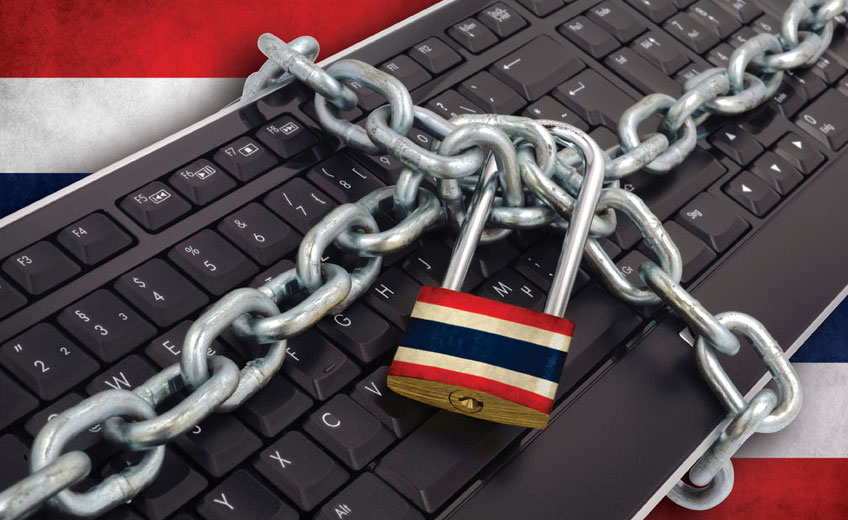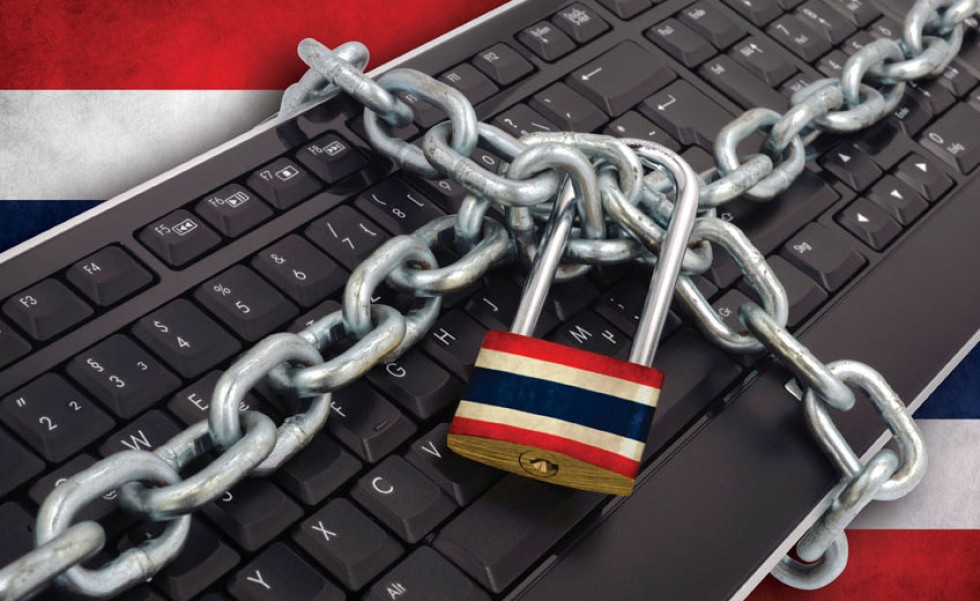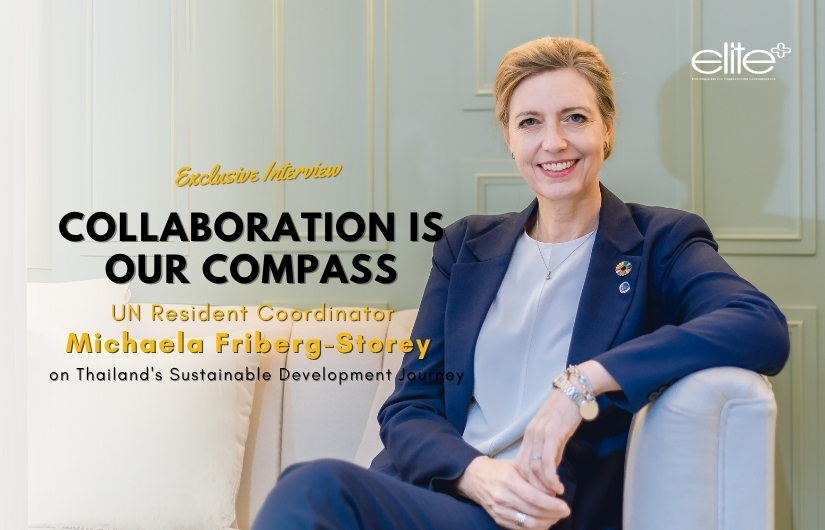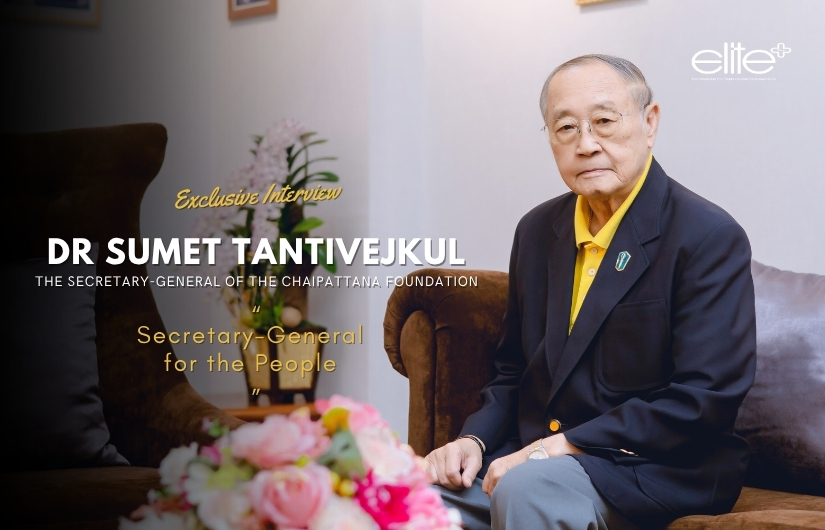On September 30, a silent form of protest mounted against the military government. Unlike previous protests that often ended with dissidents being charged or sent to political re-education camps, the silent resistance remained anonymous. Launched by “hacktivists” who repeatedly refreshed the six official websites of the Thai government by hitting the F5 button, the so-called “Hit-F5” campaign was a form of civil disobedience against the government’s attempt to impose a “single gateway”, and caused the six sites to crash.
A single gateway is one point connecting a country’s internet traffic to the rest of the world. The best illustration is the “Great Firewall of China”, which the communist government uses to control the flow of information, monitor political views and prevent citizens from accessing popular Western websites such as Facebook, Twitter and YouTube that refuse to cooperate with Communist Party censorship.
Most free countries, and junta-controlled Thailand, use multiple gateways to enable a freer flow of digital information. Thailand currently has 17 gateways, with the government granting licences to private telecommunication companies such as AIS, True and DTAC, or state telecommunication agencies such as TOT. The country used a single gateway over a decade ago when the internet was in an early stage. The service then provided by the state was slow and the price relatively high given the lack of competition.
Rumours about a single gateway have been surfacing since early this year, amid the military government’s tightening of censorship and rounding up of more political dissidents. But the rumours became substantiated when a cabinet meeting document was leaked to the public in September. The report showed that the government is indeed considering such a policy. The news drew criticism and resistance, especially among netizens and freedom of speech advocates.
Politically the policy is the beginning of an Orwellian state, where the government controls personal expression. Leaving aside the political discussion, telecom experts fear the policy will spell doom for the digital economy – all the burgeoning online businesses that depend on fast, reliable and secure internet. After the crash of the six government websites, the government apparently backed off, saying authorities would not implement a single gateway.
Supinya Klanarong, commissioner of the Office of the National Broadcasting and Telecommunications Commission (NBTC), says it is not surprising to learn that the military government fancies a single gateway. She believes the policy is intended to enable the government to control and monitor information.
“The NBTC was never informed or asked for consultation,” she said. “If we were, we would recommend the government drop the idea because it is not a good idea at all. The policy is counterproductive to the government’s plan to create a digital economy. It will undermine trade competition.”
Ms Supinya believes the government is sacrificing the telecom industry and digital economy in order to exert more control over information, a policy that would cripple new investment in online content. Foreign companies might worry about privacy and trade data protection, not to mention possible bottlenecks and limited bandwidth.
“It is like the government is riding an elephant just to catch grasshoppers,” she said. Cybercrime, she says, can be countered with methods that do not violate human rights and stifle trade competition. There are many free countries in the world that are trying to regulate the internet without bypassing human rights. A recent example is Germany.
In late July, the German government reportedly passed a law ordering over 2,000 essential service providers to implement new minimum information security standards within two years. The law was passed after it was revealed that hackers had used Chancellor Angela Merkel’s computer to spread Trojan malware during a cyber-attack on the German parliament. The rule, however, also requires service providers to warn and notify customers if their connection is abused and when traffic data will be stored for investigation process. For Ms Supinya, what is really needed is “digital literacy”, or an education process that helps citizens use the internet in a constructive and informed way.

























































































































































































































































































































































































































































































































































































































































































































































































































































